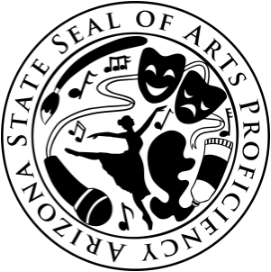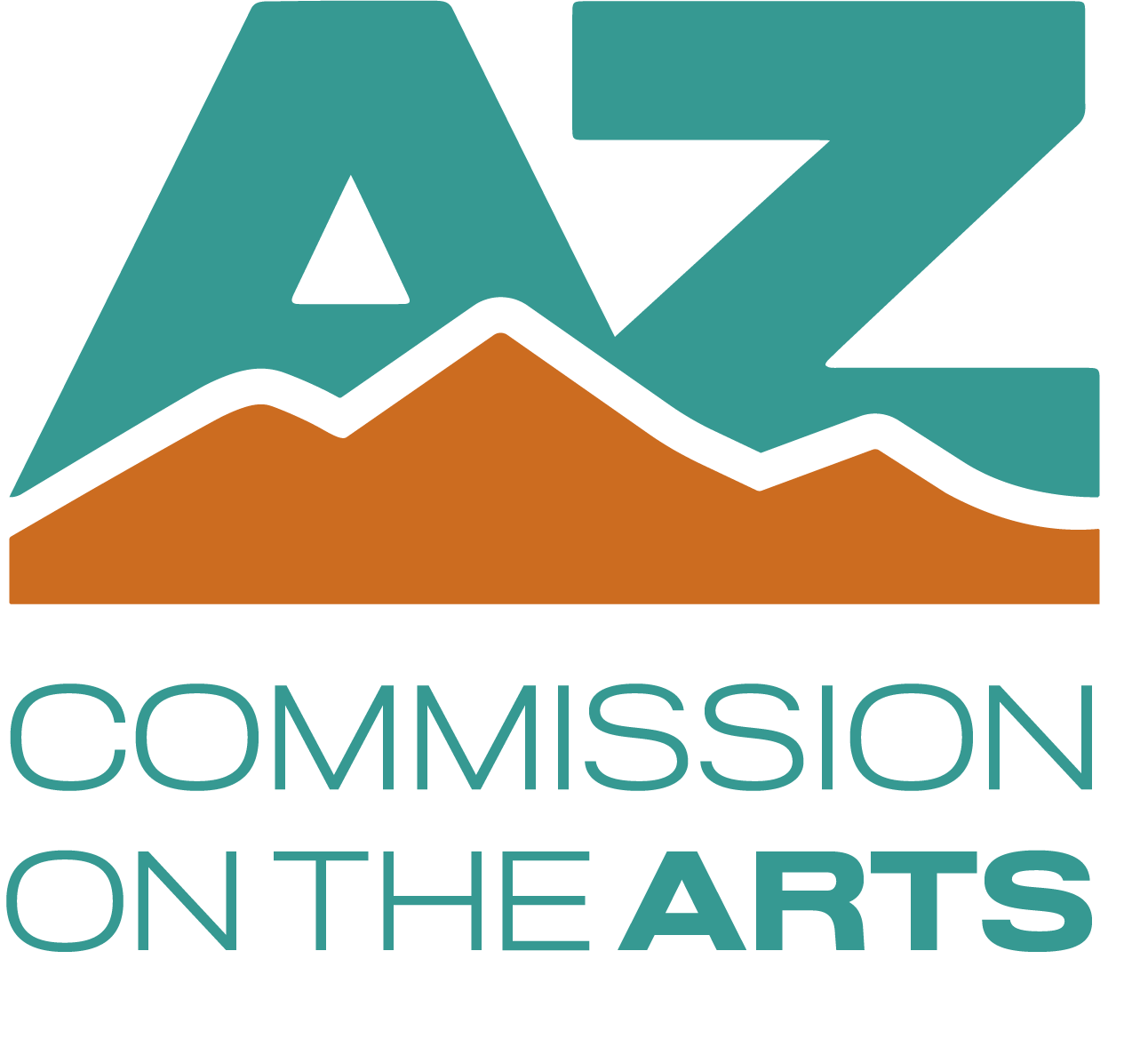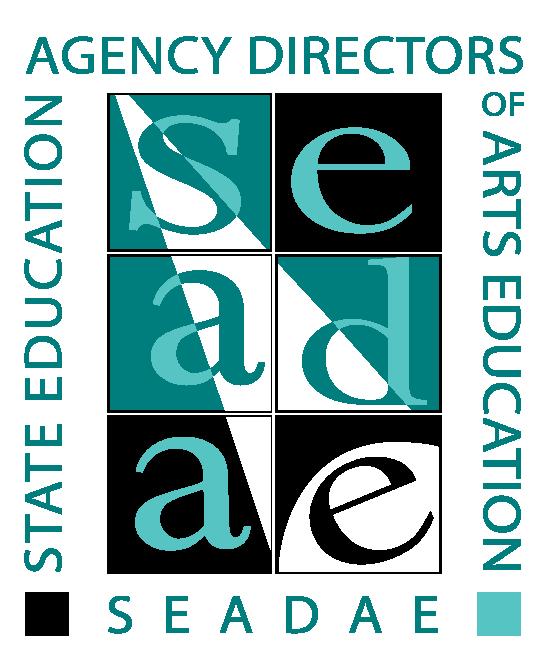Welcome to Arts Education
Overview of Arts Education
The Arts – Dance, Music, Theatre, Visual, and Media Arts – are essential components of a complete and well-rounded education. Through the Arts, we share and celebrate humanity’s highest achievements and develop enduring historical and cultural understandings of ourselves and the world around us. A balanced, comprehensive, and sequential program of study in the Arts allows Arizona’s students to learn and practice 21st-century skills and behaviors that foster critical thinking, collaboration, communication, and creative problem-solving. The Arts seamlessly integrate with other disciplines and subject areas to create engaging and rigorous learning opportunities for all students. Instruction in the Arts builds discipline, enhances self-esteem, inspires creativity, fosters linguistic, numeric, and aesthetic literacy, and encourages students to make and reach personal and academic goals. Preparing students with the skills to thrive in the 21st century and to pursue a future in the creative industries, if they choose, is the goal of a high-quality arts education. As of 2016, Arizona employs 91,878 people in arts-related jobs. Explore the diverse career possibilities of an arts education!
The mission of the Arizona Department of Education Arts Education is to provide support to Arts educators, classroom teachers, school and district administrators, and Arts stakeholders – including Arts and education organizations, community groups, and service organizations – so that every student has the opportunity to experience the power and beauty of the Arts, and the joy, creativity, and intellectual stimulation that instruction in the Arts provides.
Arizona was one of a few key states to participate in the development of the 2014 National Core Arts Standards. In 2015, the Arizona Arts Standards were updated to mirror them more closely. These standards are rooted in the philosophy of process over product, and they center on the importance of cultivating artistic literacy for all students. They are sequential and include five recognized artistic disciplines: Music, Dance, Media Arts, Theatre, and Visual Arts.
Regardless of artistic medium or discipline, the Arizona Arts Standards emphasize and are organized around the creative process, and as such, all standards-based arts courses should be organized around the Four Artistic Processes:
- Creating
- Performing/Presenting/Producing
- Responding
- Connecting
The guiding philosophies of the 2015 Arizona Arts Standards and the 2014 National Core Arts Standards mirror one another:
“These standards are being crafted to guide arts curriculum, instruction, and assessment in America’s schools. Toward that end, they emphasize the process-oriented nature of the arts and arts learning that guide the continuous and systematic operations of instructional improvement by:
- Defining artistic literacy through a set of overarching Philosophical Foundations and Lifelong Goals that clarify long-term expectations for arts learning,
- Placing Artistic Processes and Anchor Standards at the forefront of the work,
- Identifying Creative Practices as the bridge for the application of the Artistic Processes across all learning,
- Specifying Enduring Understandings and Essential Questions that provide conceptual through lines and articulate value and meaning within and across the arts discipline (National Coalition for Core Arts Standards, 2016, p. 6).”
The Arizona State Seal of Arts Proficiency is a testament to a rich history of excellent arts education in the state. This diploma seal is administered by the Arizona Department of Education’s Office of Arts Education and is awarded to graduates who complete the minimum arts pathway requirements throughout their high school career. Visit the Arizona State Seal of Arts Proficiency website for more information.
Prepared by Quadrant Research, the Arts Education Data Project is a partnership between the Arizona Department of Education, Arizona Commission on the Arts, and Arizona Citizens for the Arts. The interactive Arts Education Data Explorer allows users to venture deep into PK-12 arts enrollment data that has been self-reported by district and charter schools across the state, comparing county-, district-, and school-level reporting, access to and enrollment in each artistic discipline, and enrollment trends over time.
The Office of Arts Education is pleased to highlight the positive impact of arts education by hosting an annual statewide arts festival in celebration of Youth Arts Month. ADE YAM Fest showcases the creativity and skill of Arizona’s young artists, featuring performances and artwork by students across the state. Visit the ADE YAM Fest website for more information.












